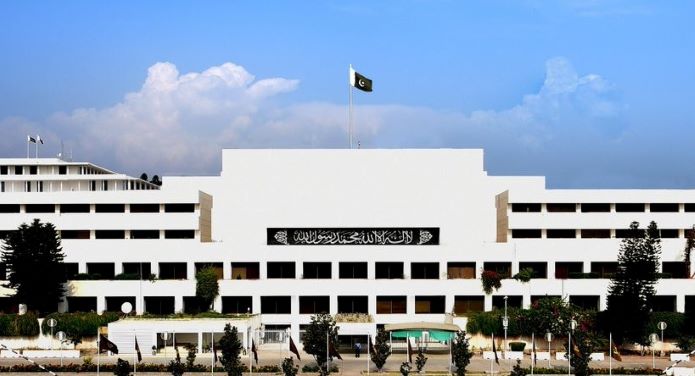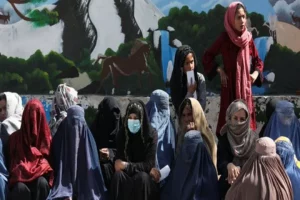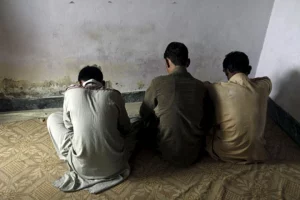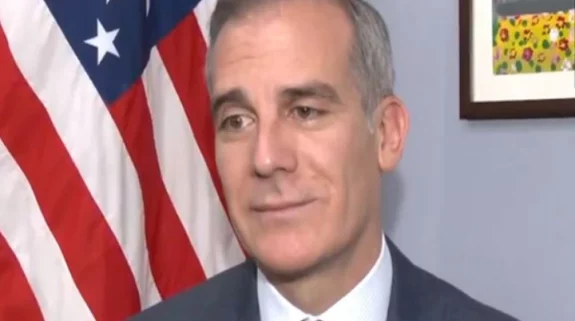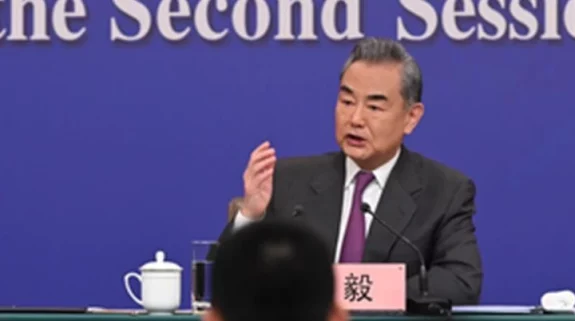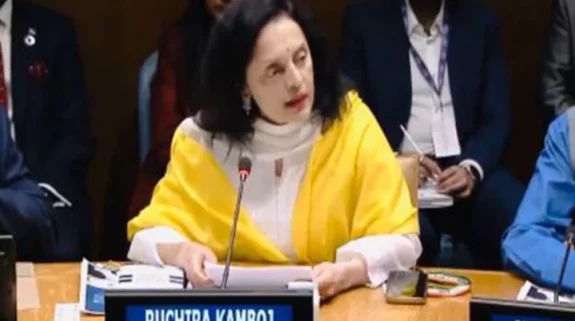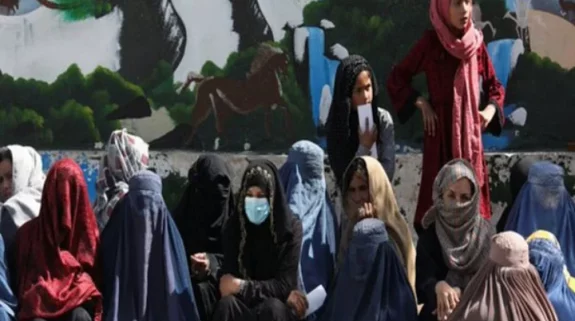The Pakistani parliament passed a unanimous resolution on Tuesday, saying the government should strive to bring all existing laws in conformity with the injunctions of Islam as per the Holy Quran and Sunnah. The resolution adds that no law repugnant to such injunctions shall be enacted.
The resolution also draws the government’s attention towards Articles 203C and 203F of the Pakistani Constitution that provides for the Federal Shariat Court and Shariat Appellate Bench in the Supreme Court, reports The News International.
The resolution was moved by Senator Mushtaq Ahmed of the Jamaat-e-Islami (JI), also known as Jamaat, which seeks to convert Pakistan into an Islamic state to be governed through Sharia – the Islamic law. Ahmed is a parliamentarian from the Khyber Pakhtunkhwa province.
پرویزمشرف کےاجتماعی گناہ معاف نہیں ہوسکتے۔انہوں نےقوم کےساتھ ظلم کیاہے۔وہ قوم کاغاصب ہے،سرٹیفائیڈ مجرم ہے۔آج خیبرپختونخوا/بلوچستان میں آگ اسکی وجہ سےہے۔2دفعہ آئین توڑاہے۔عدلیہ پرشب خون ماراہے۔ایسےلوگوں کیخلاف توبعدازموت سزائیں ہوئی ہیں
پرویزمشرف کےلیے@SenatePakistanمیں دعانہیں کی pic.twitter.com/fPi4V2SYYk— Senator Mushtaq Ahmad Khan (@SenatorMushtaq) February 6, 2023
The Pakistani parliament also expressed concern that positions of Ulema judges – religious judges who interpret and base their decisions on Islamic legal texts – lie vacant in the Federal Shariat Court. It observed that the Shariat Appellate Bench in the Supreme Court is meeting infrequently leading to pendency in cases. The parliament demanded that the government should appoint the religious judges soon.
Earlier, the JI senator had tweeted that he did not pray for former prime minister General Pervez Musharraf as he considered Musharraf to be a traitor to the country. His statements in the parliament about Musharraf also caused an uproar among the MPs, many of who wanted to pay their respects to the former leader.
Last year Ahmed was in the news for criticising a law providing protection to transgender persons and making discrimination punishable.
In December 2022 the Jamaat-e-Islami held a protest against a girls’ cycling camp in the terror-infested Khyber Pakhtunkhwa. The protestors held banners saying “The real place of women is her home” and “Give us water and electricity, not cycles”. The members of the JI said that giving cycles to girls violated Islamic principles and promoted immorality.
Pakistan has a constant debate over the implementation of Sharia laws in the country.
Recently, the country’s Finance Minister, Ishaq Dar announced that Pakistan would implement an ‘interest-free’ banking system abiding by the Islamic law by 2027. Plans are afoot to issue Islamic Bonds in a bid to make the banking system compliant with Islamic regulations.
Pakistan’s western neighbour Afghanistan has already implemented the Sharia law after the Taliban came to power in 2021.






